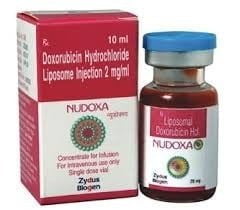Heavy cell phone users subject to cancers
Cell Phone – Cancer Link Found by Tel Aviv University Scientist; A new study finds an association between heavy cell phone use and tumors – An Israeli scientist, Dr. Siegal Sadetzki, has found a link between cell phone usage and the development of tumors. Dr. Sadetzki, a physician, epidemiologist and lecturer at Tel Aviv University, published the results of a study recently in the American Journal of Epidemiology, in which she and her colleagues found that heavy cell phone users were subject to a higher risk of benign and malignant tumors of the salivary gland.

